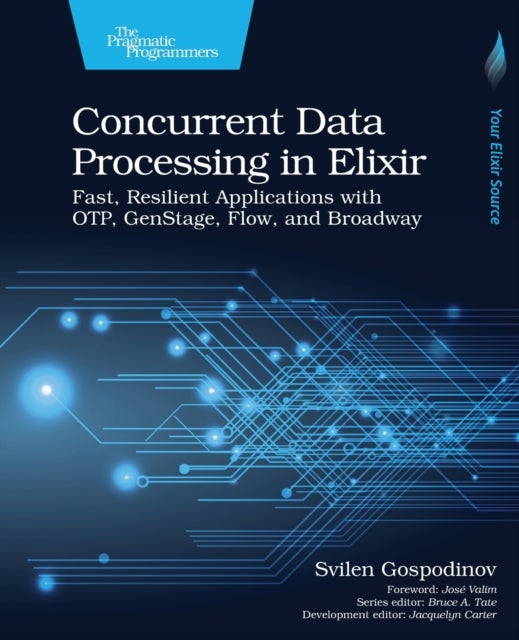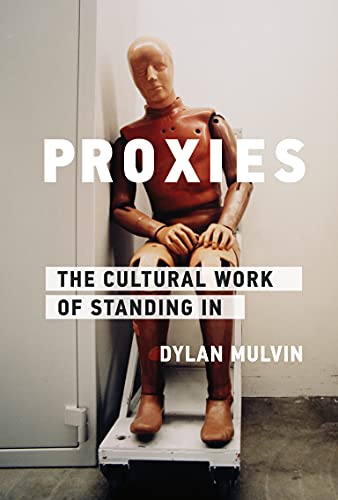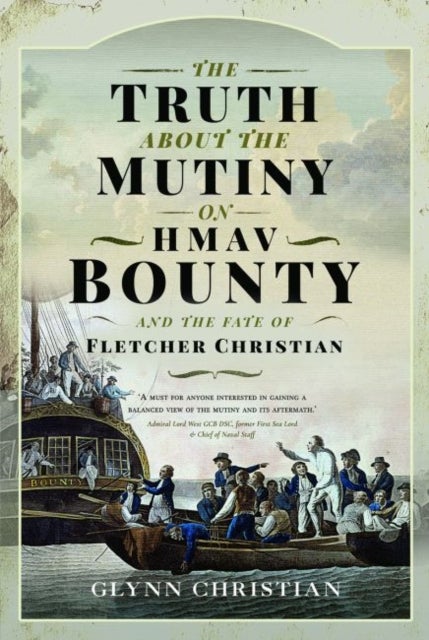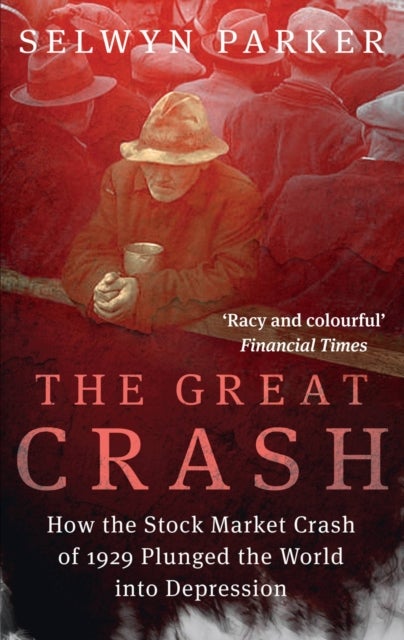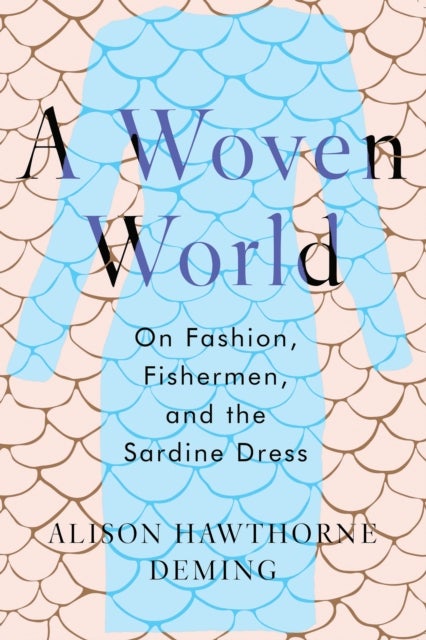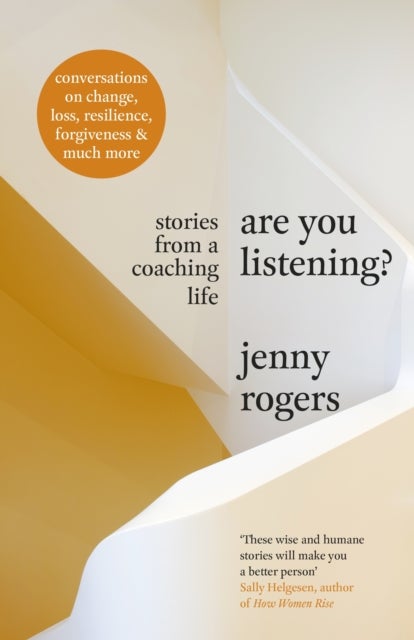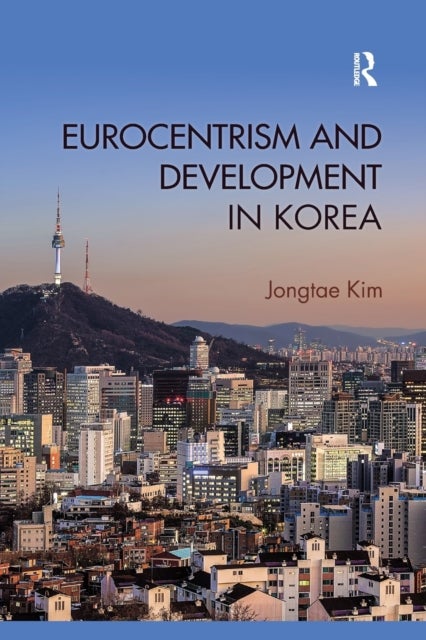
Eurocentrism and Development in Korea av Jongtae Kim
529,-
<P>Under the global hegemony of the West, societies have interpreted the world and defined their identities through the frameworks of Eurocentric discourses. Since the mid-twentieth century, Eurocentrism has tended to be associated with economic developmentalism. The discourse of <I>seonjinguk</I> (developed country) has been a dominant Eurocentric developmental discourse in Korea.</P><P>However, in what historical contexts have the Koreans set <I>seonjinguk</I> as their national goal and yardstick to judge nations? What roles have been played by the concept of <I>seonjinguk</I> in Korea? What discursive frameworks did the Koreans use for their national identities and worldviews before the developmental era? Eurocentrism and Development in Korea is the first scholarly approach to those questions. Through a chronological analysis of Korea¿s dominant discourses from the late nineteenth century to the present, Kim demonstrates the historical nature of developmentalism and <I>seonjinguk</I

